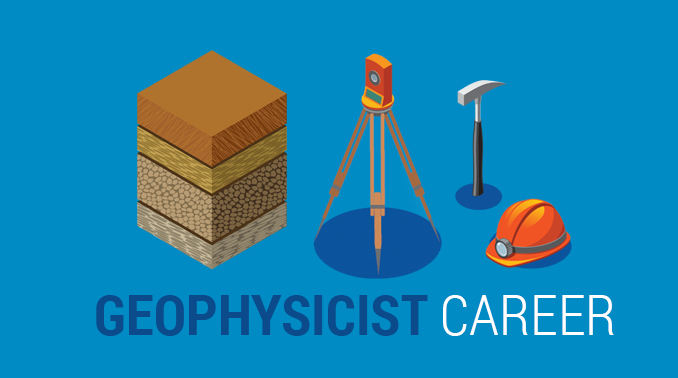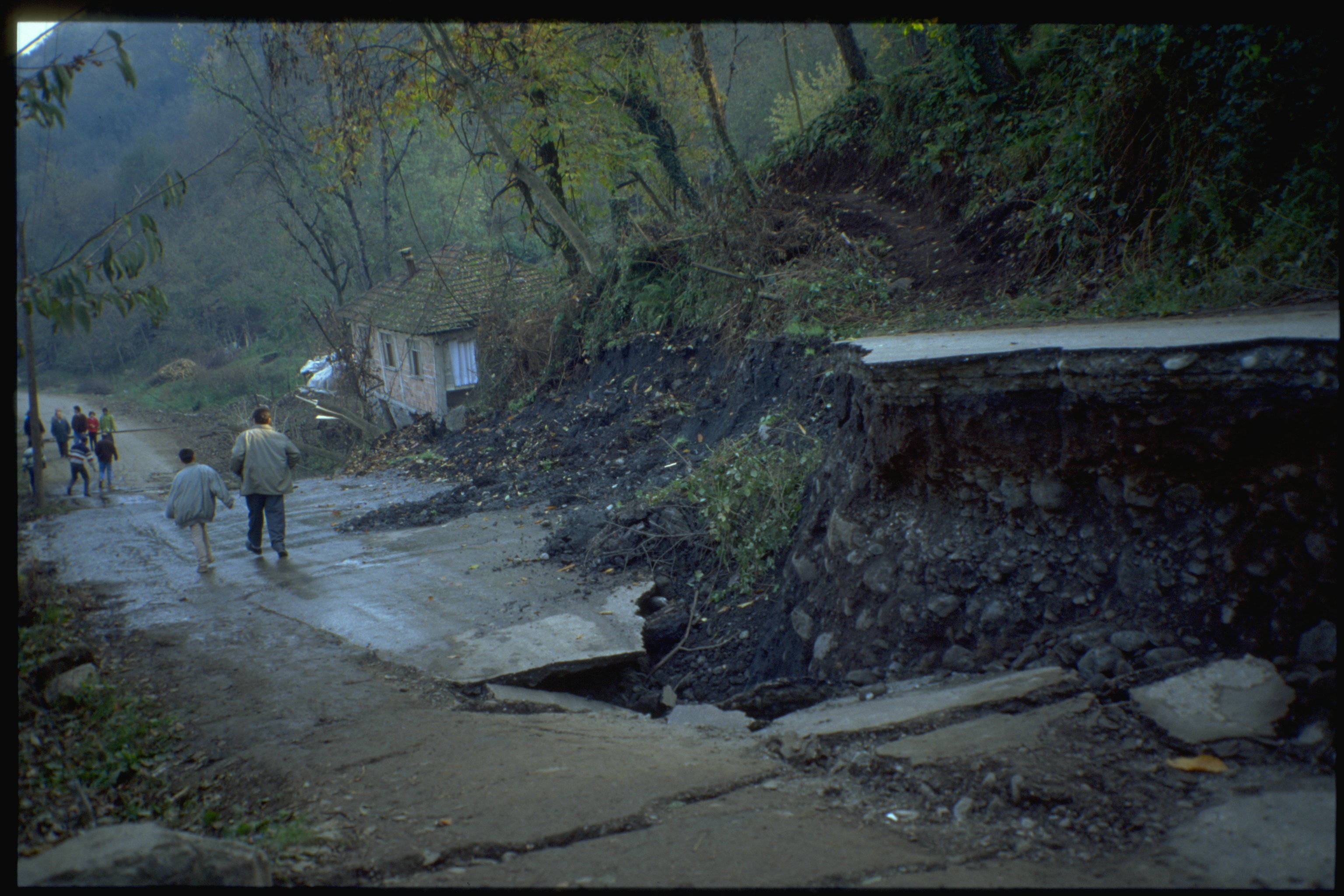All Categories
Featured
Table of Contents
How To Become A Geophysicist in Glendalough Aus 2020
This work is significantly contracted out, so consultancies supply another source of work. Consultancy companies differ in size, from very small companies to large multinationals. Some consultancies are rather specialised in utilizing specific geophysical techniques or operating in specific locations, while others offer a more varied series of services to their customers.
The extraction of gas from garbage dump sites is another location of employment and this may grow in the future. Expedition companies might carry out work for building firms, water companies, mining business and ecological firms, so geophysicists may be employed in any of these settings. Other companies consist of: geological surveysgovernment bodies and agenciesuniversities and research study institutes.


Jobs might be noted in the oil and gas sector press. Recruitment is affected by oil cost fluctuations and the level of competitors for positions differs depending upon this. Careers Days, which cover the complete range of geoscience professions and are normally participated in by a number of essential industry employers, are run by The Geological Society.
Exploration Geophysicist: Occupations In Alberta in Coolbinia WA 2021
Some of the large oil and gas business use a full two-year structured training program throughout the breadth of geophysics, consisting of the opportunity to experience work in various groups prior to specialising in one area. Your training might include deal with: existing wellsmagnetic and gravitational potential field data analysisresearchrock analysis. However, it's more normal for your initial training to be supplied on the job.

There might be a probationary period throughout which you work along with a knowledgeable colleague. Competency-based appraisals take place routinely in many firms. In smaller firms, and for scholastic posts, there is not likely to be any formal training - you'll be expected to begin work straightaway and get skills as you go along.
If you work for a smaller sized company, you may find that you require to take obligation for organizing and moneying your own advancement and training. If you have a geology degree, subscription of The Geological Society can be useful for networking and for keeping up to date with the industry.
Job Guide - Geophysicist in Mundijong Western Australia 2020
You might also find it useful to sign up with the PESGB (The Petroleum Exploration Society of Great Britain, which has a geophysics special interest group. After a probationary duration, and once you've gained some experience, you could progress to senior geophysicist, then group leader and then into a senior function in management.
The ease of movement in between functions depends upon the business structure. Study at Masters or Ph, D level in a subject related to geophysics or geosciences may assist with your profession development and progression. The work market within the oil and gas industry is really depending on cost and this may impact your opportunities for career development.
For knowledgeable geophysicists, freelance consultancy provides a good route for career development. As a geophysicist, you're likely to have numerous tasks throughout your working life.
Consumer Guide To Geological And Geophysical Services ... in Kiara Australia 2021
From geophysics, it's possible to concentrate on seismology (finishing more training to end up being a seismic interpreter) or to move into related areas such as engineering geology or hazard forecast.
Choosing what to study in college is a hard option. Even if you understand that your field of interest lies in science, what program of study is ideal for you?
But the first action to accomplishing your goal of ending up being a geophysicist is making a degree. Even for entry-level positions in the field of geoscience, you'll need a bachelor's degree (a geophysicist college degree) from a certified college or university. Some research study positions need candidates to hold master's degrees and even Ph.
Geophysical Surveys: Definition & Methods in Kensington Australia 2023
Doctoral degrees are especially important if you plan to teach at a four-year organization. Geophysicists use physics concepts and methods to study the gravitational, magnetic, and electric fields of the earth. This furthers scientists' understanding of both the world's interior core and its surface area. Geophysicists need to have the ability to: examine rocks, photographs, and other pieces of data conduct research study both in the field and in labs create maps and charts of their findings compose reports To accomplish all this, trainees require a specialized education for geophysicist professions.
As specified above, you'll require a bachelor's degree in geoscience or an associated discipline, such as a physical science or a natural science, to land an entry-level task. However trainees can likewise prepare by learning subjects like: Biology Chemistry Computer system science Engineering Mathematics Physics The above geophysicist majors use a more generalized technique to a single scientific discipline, but many programs require students to take several geology course.
Latest Posts
Geophysical Survey Methods in Western Australia 2021
Geophysicist Salary in Wembley Downs Aus 2021
Bsc Geophysics in Safety Bay WA 2023